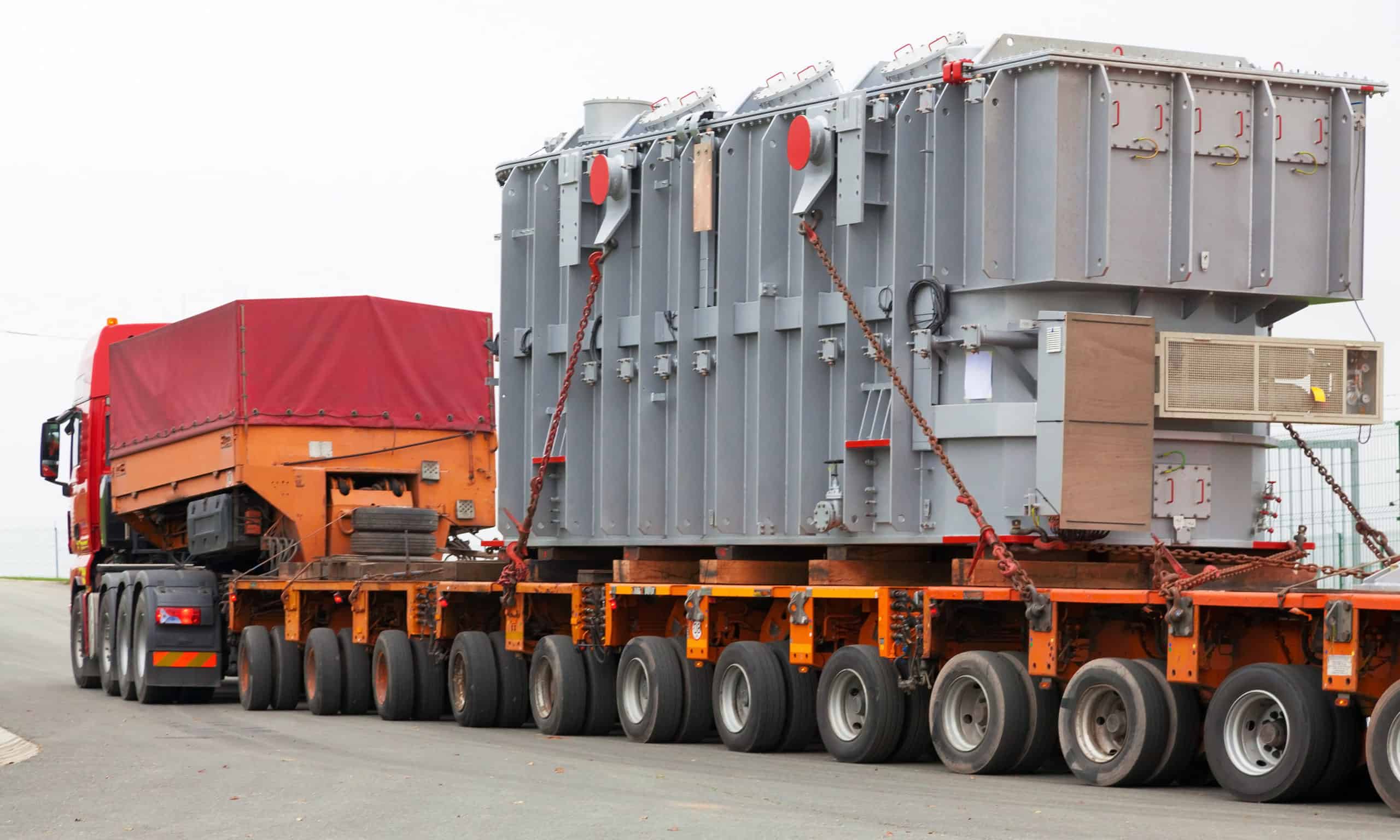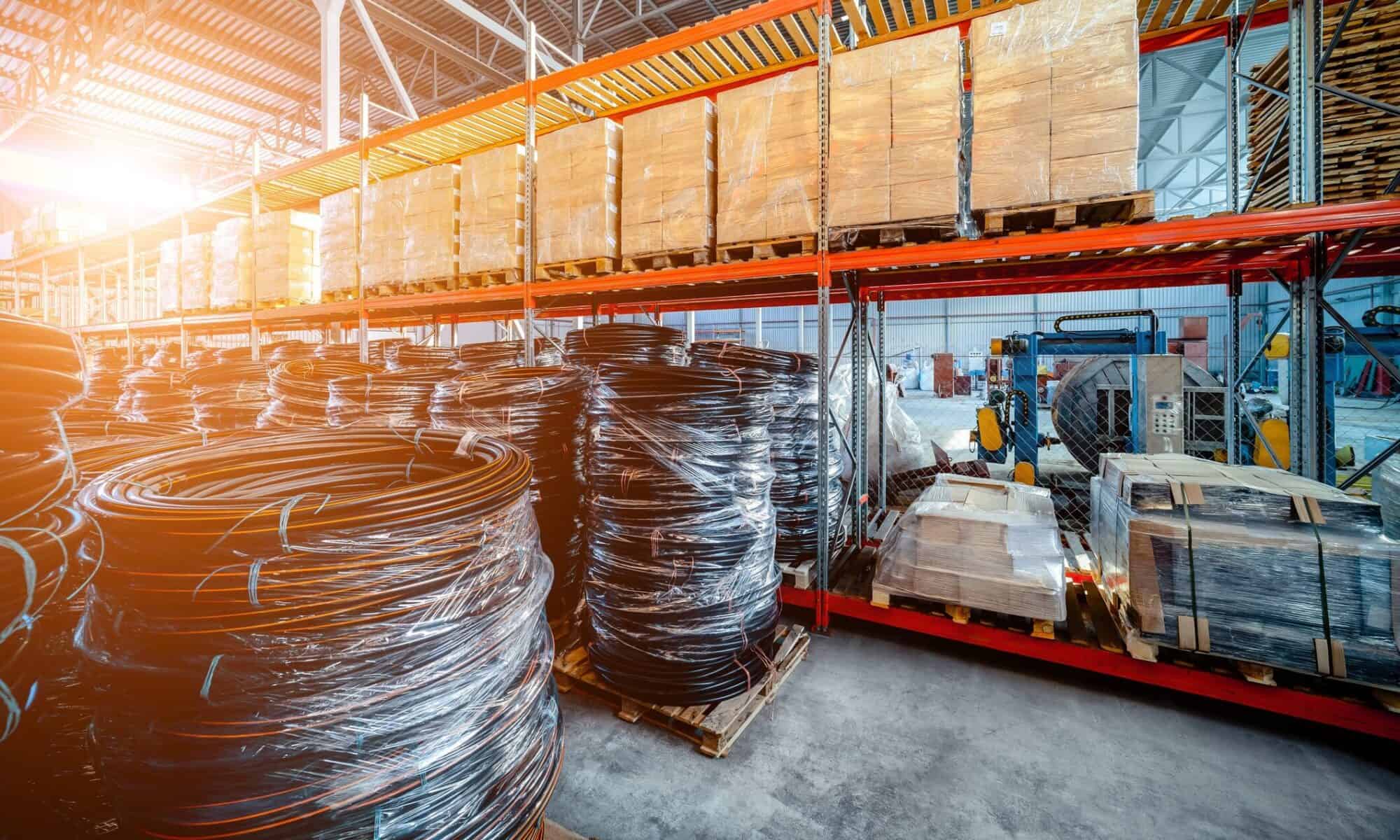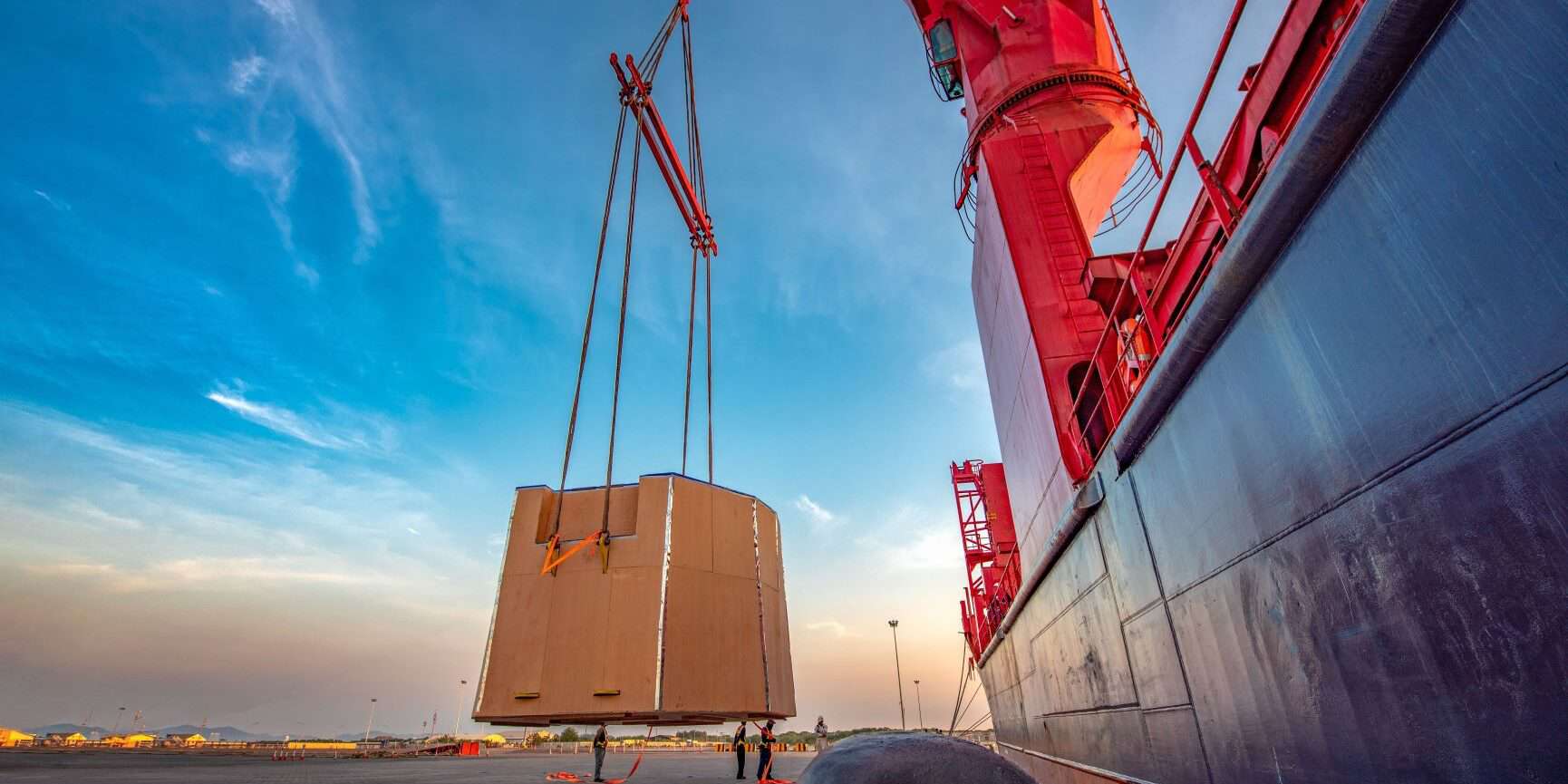When the Great Wall of China was built, its primary purpose was to protect—keeping threats out and maintaining control within. Today, we’re building modern walls—not with stone and mortar, but with tariffs and trade restrictions. With the potential return of MAGA-driven policies like steep tariffs and “America First” priorities as we approach 2025, we must ask: Do these policies protect, or do they isolate the economy?
Global trade operates like the bonds between lifelong business partners—a web of shared interests where conflict becomes too costly to consider. Europe proved this principle after World War II, transforming from a battlefield into the world’s largest trading bloc. Nations that trade together, grow together. Yet, as the renewed MAGA agenda looms, this hard-earned truth faces its greatest challenge in modern history.
The Ripple Effect: Trade Barriers and Delays
At Latin American Cargo—a freight forwarder specializing in North American and Latin American trade—I’ve witnessed firsthand how trade barriers can create ripples felt across entire supply chains. During a visit to Laredo, Texas, I saw trucks lined up for miles, delayed by growing documentation requirements. A frustrated driver told me, “What used to take hours now takes a full day.”
In logistics, delays aren’t isolated—they disrupt warehouses, distribution schedules, and businesses across multiple states. As businesses prepare for renewed MAGA policies, which include steeper tariffs on trade partners like Canada, Mexico, and China, the potential for disruption becomes even greater.
Under USMCA, manufacturers built integrated supply chains optimized over decades. Increased duties on imported components could force companies to pass costs to consumers or reduce import volumes, threatening industries that rely on cross-border collaboration.
How Tariffs Threaten North American Supply Chains
Higher duties don’t just raise prices—they jeopardize the manufacturing ecosystems they claim to protect. North American businesses will face a harsh choice:
- Pass costs to consumers and risk losing market share,
- Absorb costs and cut into already-tight margins, or
- Reduce import volumes, which disrupts supply chains and leads to job cuts.
The result? Decreased imports, rising costs, and weakened competitiveness for American businesses.
Protectionism vs. Globalization: Lessons from History
In 1930, the Smoot-Hawley Tariff Act raised U.S. tariffs on over 20,000 goods to protect American workers. The result? International retaliation, a collapse in global trade, and a worsening Great Depression. History teaches us that walls may offer temporary protection but create far-reaching consequences.
By contrast, globalization fostered unprecedented economic growth. Organizations like GATT (later WTO) dismantled trade barriers, enabling companies to develop intricate supply chains spanning continents. At Latin American Cargo, we’ve seen how seamless trade benefits businesses and communities alike, creating opportunities through collaboration, not isolation.
Retaliation: A Global Domino Effect
If the U.S. reintroduces protectionist tariffs, the global response will be swift and calculated:
- Canada and Mexico may retaliate with targeted tariffs on industries like automotive and agriculture.
- China could impose counter-tariffs, impacting U.S. exports, while strengthening trade ties with alternative global partners.
- The European Union might implement symbolic or targeted tariffs to protect its industries and signal disapproval.
However, we must also consider another possibility: Is this all part of a larger negotiation strategy? Donald Trump has often used bold, high-stakes rhetoric to apply pressure during trade negotiations. The NAFTA renegotiation into USMCA demonstrated how such tactics can be leveraged to extract better terms. While these announcements may be part of a calculated bluff, uncertainty alone has real consequences—and businesses cannot afford to wait for the dust to settle.
At Latin American Cargo, we saw this firsthand during the NAFTA renegotiation. Supply chains across North America were disrupted as businesses scrambled to reassess sourcing strategies, reroute shipments, and secure alternative suppliers. Even the possibility of new trade barriers forced companies to rethink their operations, increasing costs and complicating logistics timelines.
Logistics providers like Latin American Cargo play a critical role in helping businesses adapt during these uncertain times. Whether tariffs are implemented or used as leverage, strategic preparation is key to ensuring trade continues to flow efficiently.
The Hidden Costs to the American Economy
While tariffs may offer temporary relief for select industries like steel and aluminum, the deeper consequences are hard to ignore:
- Rising Consumer Costs: Imports become more expensive, increasing prices on everyday goods like electronics, clothing, and household items.
- Supply Chain Disruptions: Industries relying on global components face rising production costs, forcing tough decisions on pricing or job cuts.
- Export Challenges: Retaliatory measures make U.S. products less competitive abroad, particularly in agriculture and advanced manufacturing.
Modern economies function like a puzzle—each piece fits naturally into place. Forced disruptions create distortions, harming more sectors than they protect.
Negative Impacts on the Logistics Chain
Carriers, customs brokers, and freight forwarders—especially those operating in North America—will feel the weight of these changes firsthand. Trade disruptions have far-reaching consequences for the logistics industry:
- Operational Complexity: New tariffs mean increased documentation, longer customs processes, and higher compliance costs, slowing down cross-border operations.
- Route Disruptions: Traditional shipping lanes may become unviable, forcing businesses to find alternative trade routes and develop new partnerships.
- Unpredictable Volumes: Shifts in suppliers or production locations can cause sudden spikes or drops in freight volumes, creating volatility across the logistics chain.
- Cost Pressures: Rising operational costs put logistics companies in a bind—absorb these costs and shrink margins, or pass them on and risk losing customers.
For over 25 years, Latin American Cargo (LAC) has helped businesses across the Americas navigate such challenges. As freight forwarders specializing in North American and Latin American trade, we understand that disruptions require adaptability and strategic planning. Whether rerouting shipments, optimizing documentation processes, or mitigating cost pressures, we provide expert guidance and flexible solutions to keep goods moving efficiently, even in uncertain times.
3 Takeaways for Moving Forward
As businesses prepare for these changes, adaptability is critical. Here are three essential strategies:
- Adaptability is Key: Embrace technology, monitor trade developments, and stay agile to manage disruptions.
- Strengthen Regional Networks: Develop partnerships across diverse regions to offer alternative routing solutions when trade lanes face disruptions.
- Focus on Value Creation: Position yourself as a trusted advisor, guiding customers through new trade barriers and identifying efficient cargo solutions.
A Fragile Balancing Act
One truth remains clear: global trade thrives on collaboration. While protectionist policies may offer short-term relief, they risk undermining the interconnected systems that drive economic growth. Moving forward, businesses need partners who can help them adapt and thrive in uncertain conditions.
Because, in our interconnected world, success comes from building bridges, not walls. At Latin American Cargo, we believe in enabling businesses to move goods efficiently, despite challenges. Let’s focus on progress—together.
How are you preparing for these changes? Share your thoughts and let’s find solutions to move forward together.














 Transport Guides
Transport Guides Incoterms 2020 Rules
Incoterms 2020 Rules Homero Herrera
Homero Herrera 

